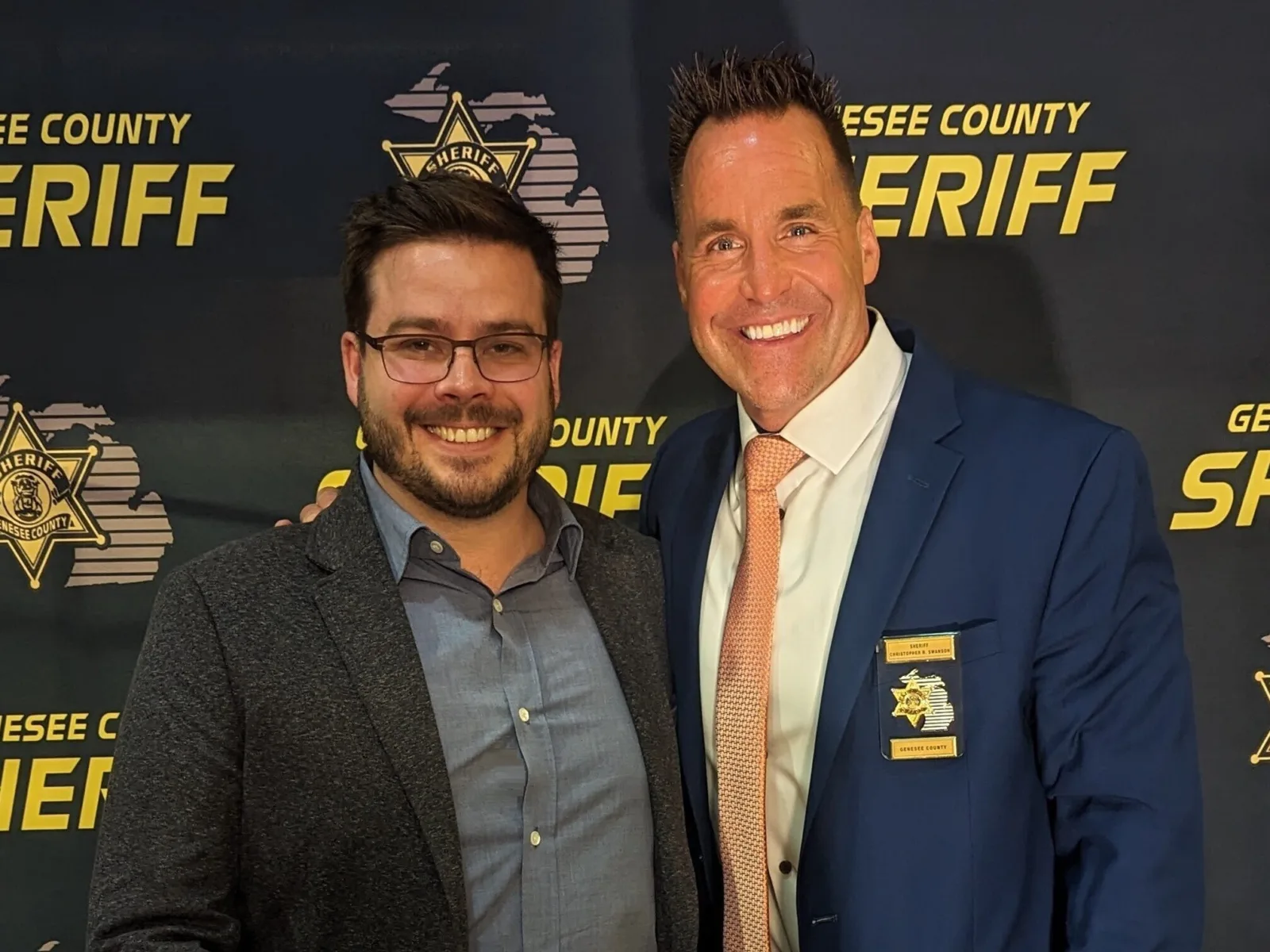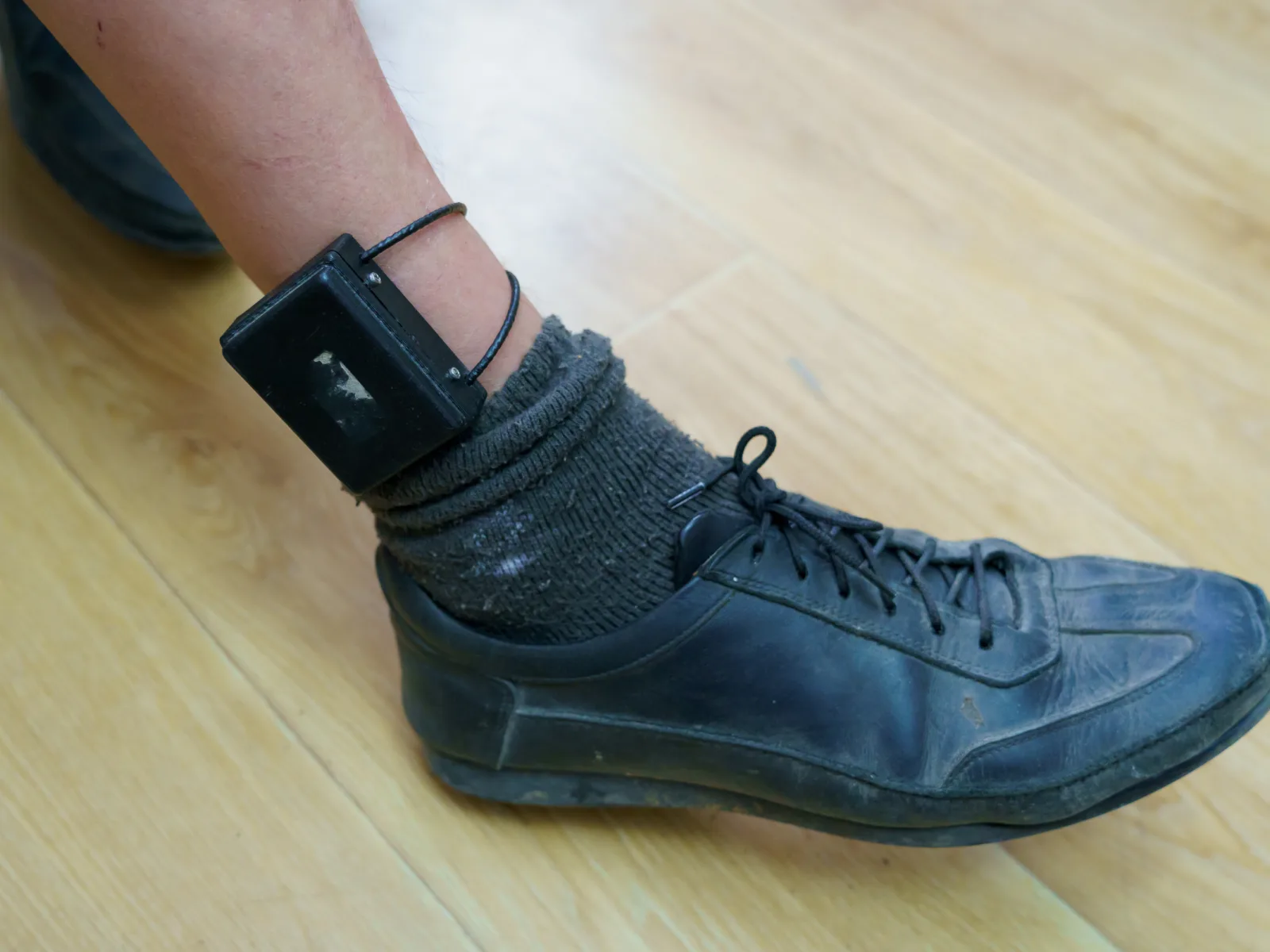In part six of a new series profiling the CJI fellows, AV spoke with Zachary Porreca, a postdoctoral fellow in the CLEAN unit at Bocconi University in Milan, Italy, where he studies the economics of crime.
Zachary Porreca: Peer Networks in Prison and the Effects of Providing Insurance Policies to Incarcerated People
Porreca’s work focuses on the ways that people interact with one another outside of formal institutions, and over the next two years he plans to produce research on people’s interactions with gun violence, drug markets, and the prison system.
Over the course of his life, Porreca has witnessed the consequences of high rates of crime and incarceration. Because of this, he was drawn to work that would allow him to create new understandings of these persistent social problems. “I have been able to develop insights that are interesting to the economist in me, not to mention the observer in me who wants to know more about the issues that are plaguing our cities,” he says.
These cycles of retaliatory violence go back and forth in real time and they’re driving up homicide rates.Zachary Porreca postdoctoral fellow in economics at Bocconi University in Milan, Italy and fellow for the Criminal Justice Innovation (CJI) Program
In 2023, Porreca published a paper on gentrification, gun violence, and drug markets. Using data from Philadelphia between 2011 and 2020, it found that gentrification of one block displaced drug activities and forced tighter competition among drug sellers, increasing violence by 20% across the surrounding neighborhood. Porreca is also working on a study of the open-air drug market in Philadelphia’s Kensington neighborhood to understand the regional impacts of a state law enforcement initiative to tackle the drug market. While his findings are preliminary, they suggest that the crackdown has not driven traffic to other regional drug markets and in fact has reduced overdoses throughout the area.
As part of the new SSRC fellowship, Porreca plans to undertake several projects. Specifically, Porreca will study peer networks within state prison systems and how they predict a person’s peer networks in other facilities as they move through prison systems as they serve their sentence. Separately, he plans to study the labor market impacts of programs that offer insurance policies to people who have recently been convicted of a crime, and whether that makes employers more likely to hire them.
Porreca will also continue to focus on gun violence. He has begun talking with the Philadelphia District Attorney’s Office about using local data to understand retaliatory cycles of violence among the social network of people most connected to it. “These cycles of retaliatory violence go back and forth in real time,” Porreca says, “and they’re driving up homicide rates.”
Porreca is excited to begin research through the CJI fellowship since he believes that building the evidence base is necessary to create effective public policy regarding crime and law enforcement. “This is important stuff, because if you get these policies wrong, you can have massive and harmful effects,” Porreca says, “If we don’t have evidence driving what we’re doing, we’re driving blind.”






















